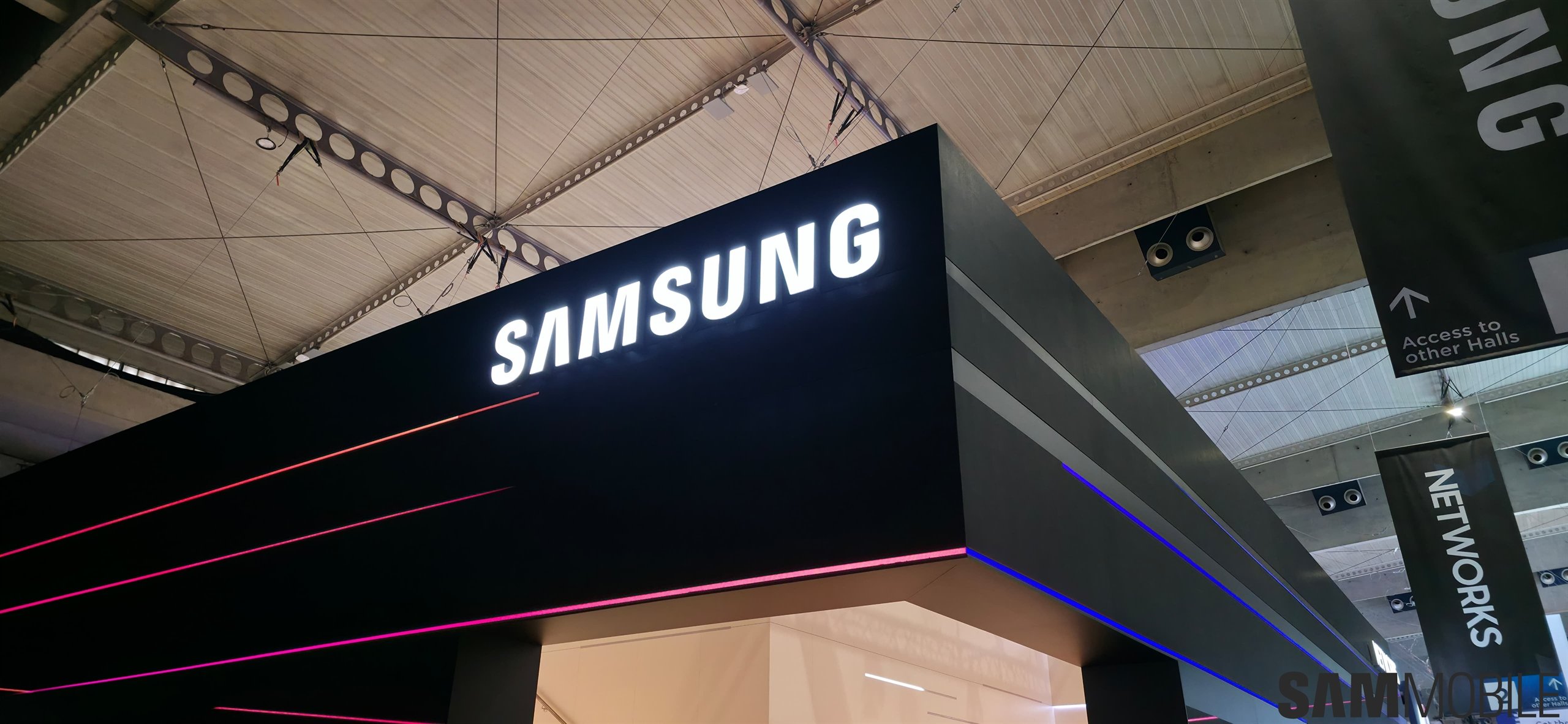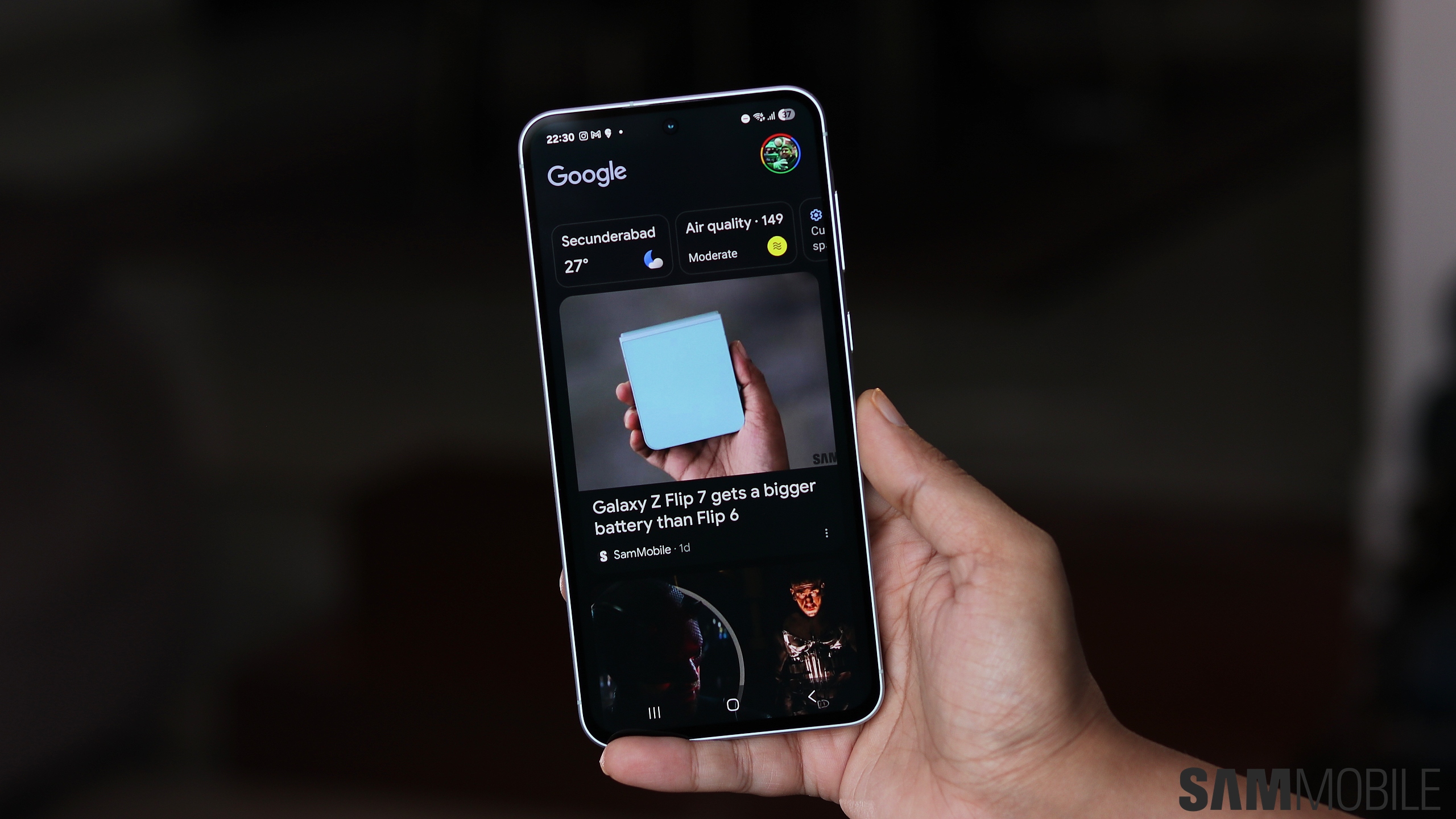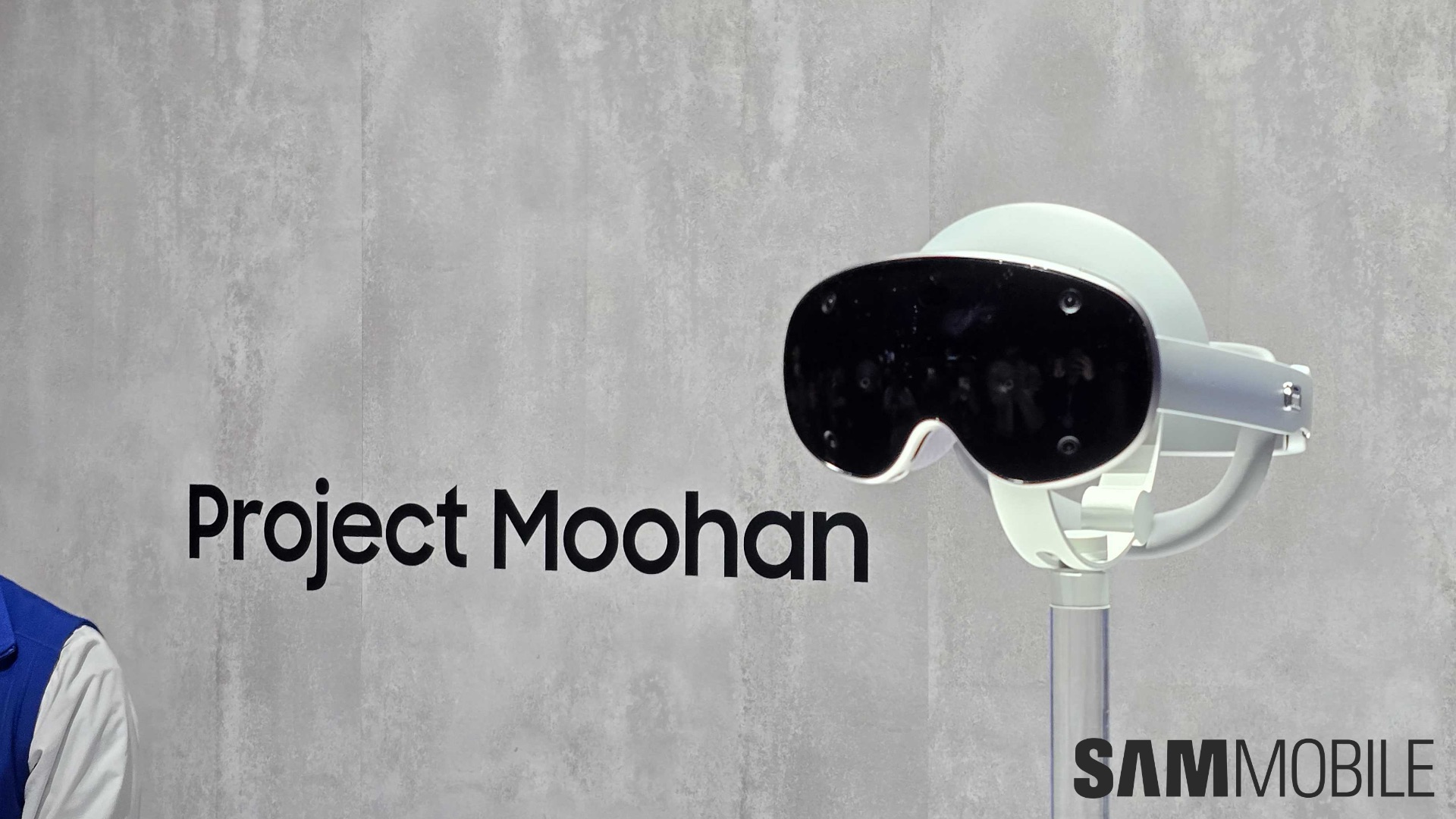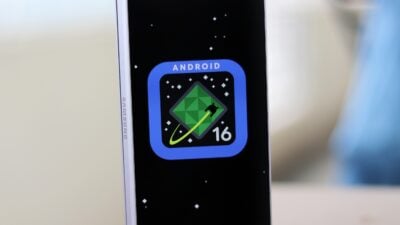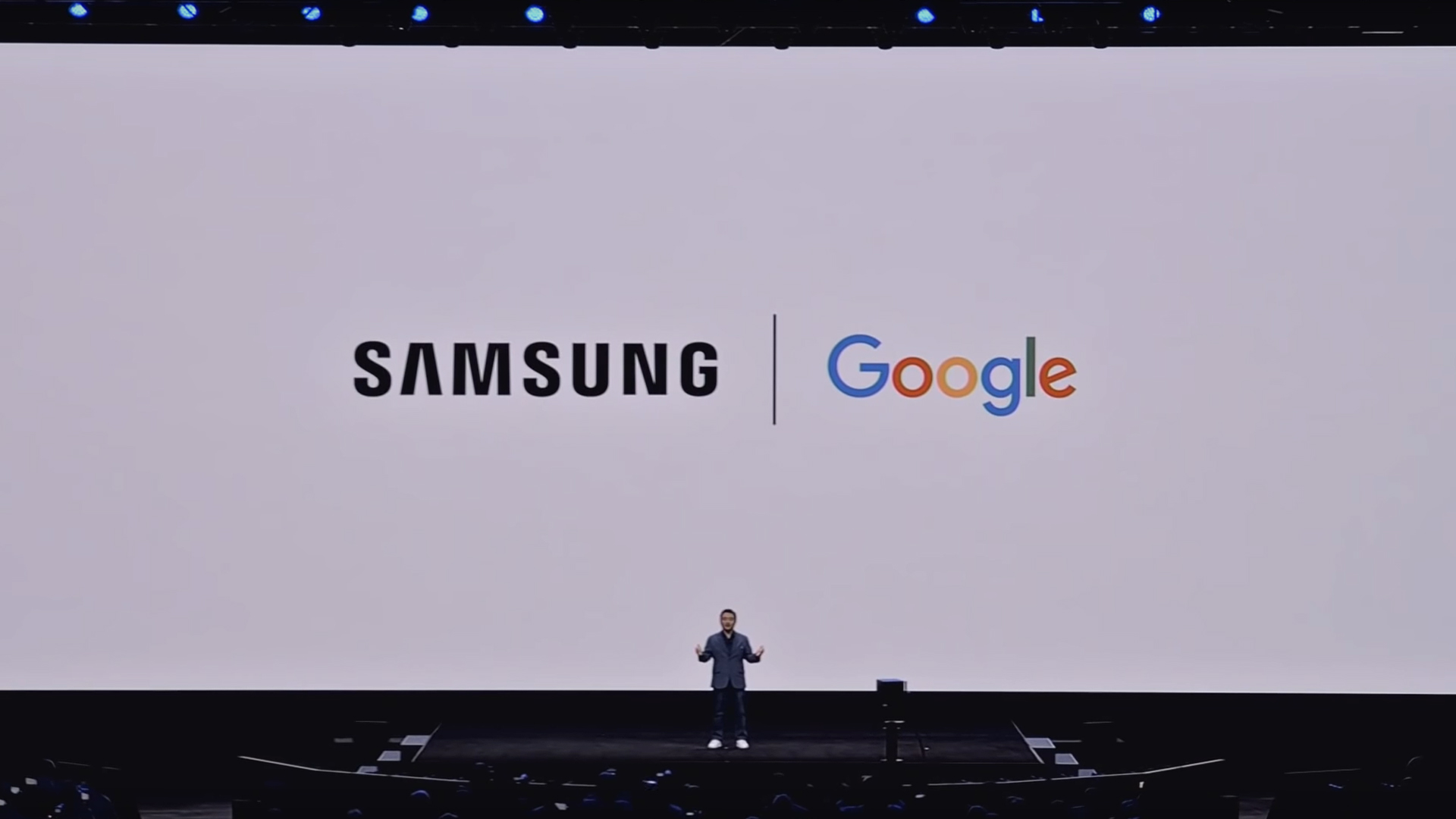
Samsung vs Google in 2020: Smartphones
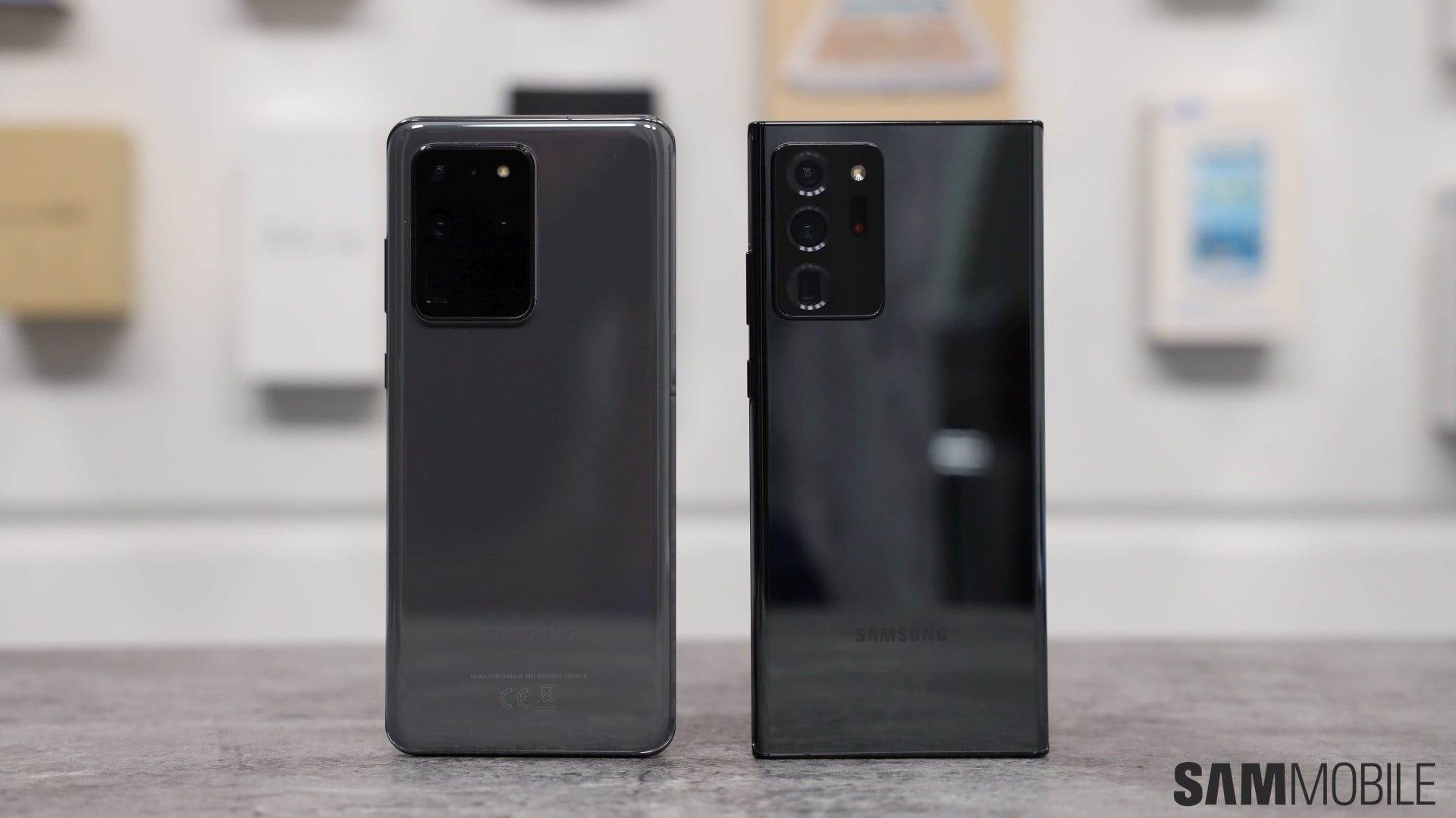
While Samsung reached new heights this year with spec-heavy and quality products like the Galaxy S20 and the Galaxy Note 20 series, Google decided to stay away from the ultra-premium category. The Pixel 4a, Pixel 4a 5G, and the Pixel 5 are all priced below the $700 mark, and they avoid competing directly with Samsung’s flagship smartphones.
Pixel phones generally offer slightly better still image quality than Galaxy smartphones, owing to better dynamic range and night mode. However, the flexibility (and quality) that Samsung offers with its telephoto and ultrawide cameras can’t be matched by Pixel smartphones. Samsung's smartphones also provide much better video recording capabilities. With the Galaxy S20 FE launch, Samsung killed any chances that Google had with the Pixel 5.
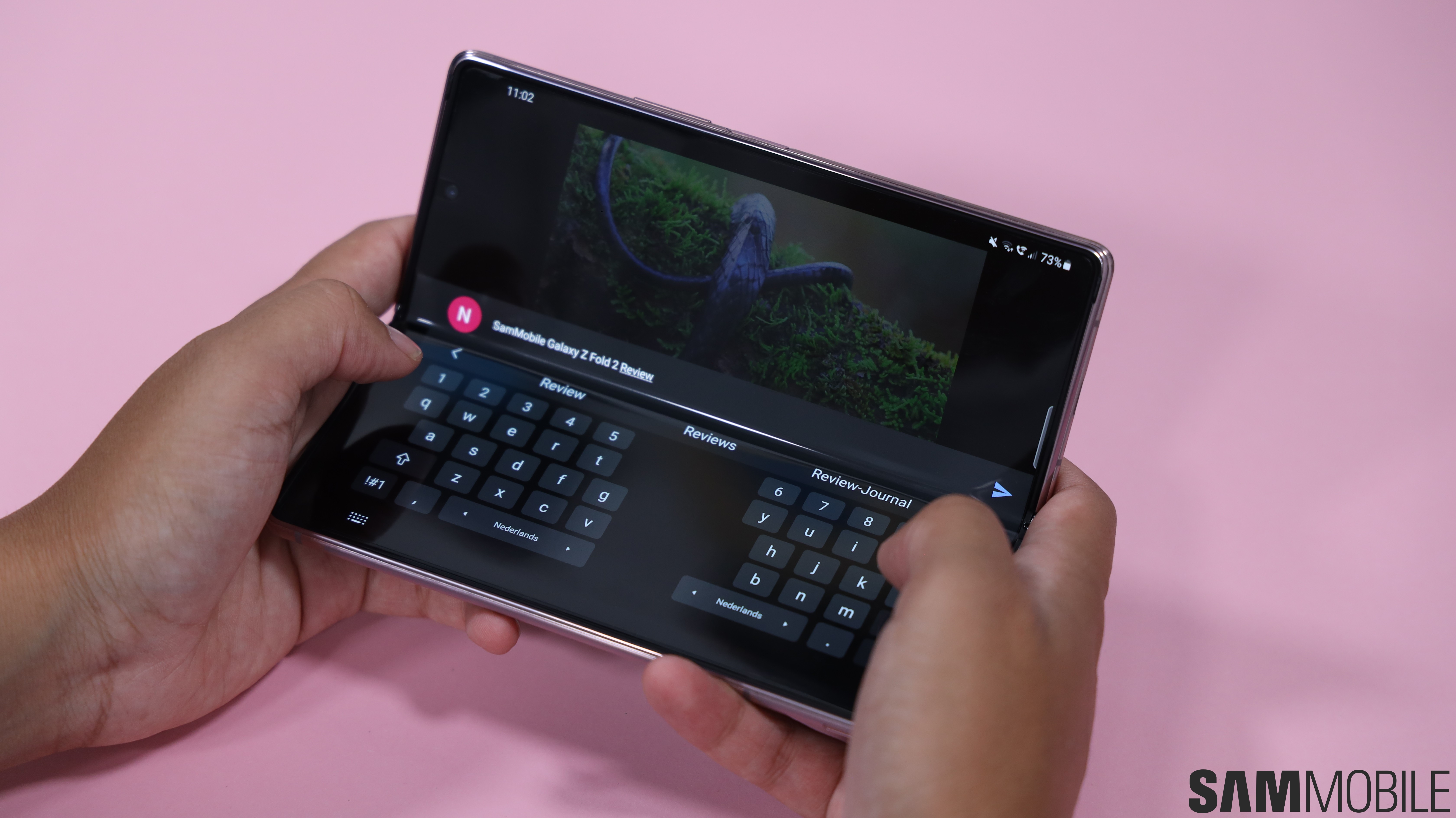
The South Korean tech giant’s high-end smartphones offer premium design, higher-quality screens, better overall cameras, faster performance, and longer battery life, and we are just talking about smartphones with a traditional form factor. Google has nothing to offer in the foldable smartphone category. Samsung is way ahead in the segment, and the company launched three new foldable phones in 2020: Galaxy Z Fold 2, Galaxy Z Flip, and Galaxy Z Flip 5G. The company also announced support for three major Android updates for its high-end phones, matching Google.
Samsung was a clear winner this year in the smartphone category compared to Google. The South Korean firm is the number one smartphone maker globally, while Google is not even in the top 10 list. This is not likely to change in the next few years.
Samsung vs Google in 2020: Wireless earphones, smart speakers

Both Google and Samsung released pretty good audio products in 2020. Coming to truly wireless earbuds, the competition between the two brands was much closer than in the smartphone category. The new Pixel Buds proved to be a massive improvement over the previous generation, but the Galaxy Buds+ is still a better overall package when you consider the audio quality, comfort, features, app support, battery life, and pricing.
Samsung also released the Galaxy Buds Live, and they offer a unique styling and active noise cancellation. The South Korean tech giant has a wide range of truly wireless earphones at various price points, while Google sells just one model. Samsung has the upper hand in the truly wireless earphones category as well.
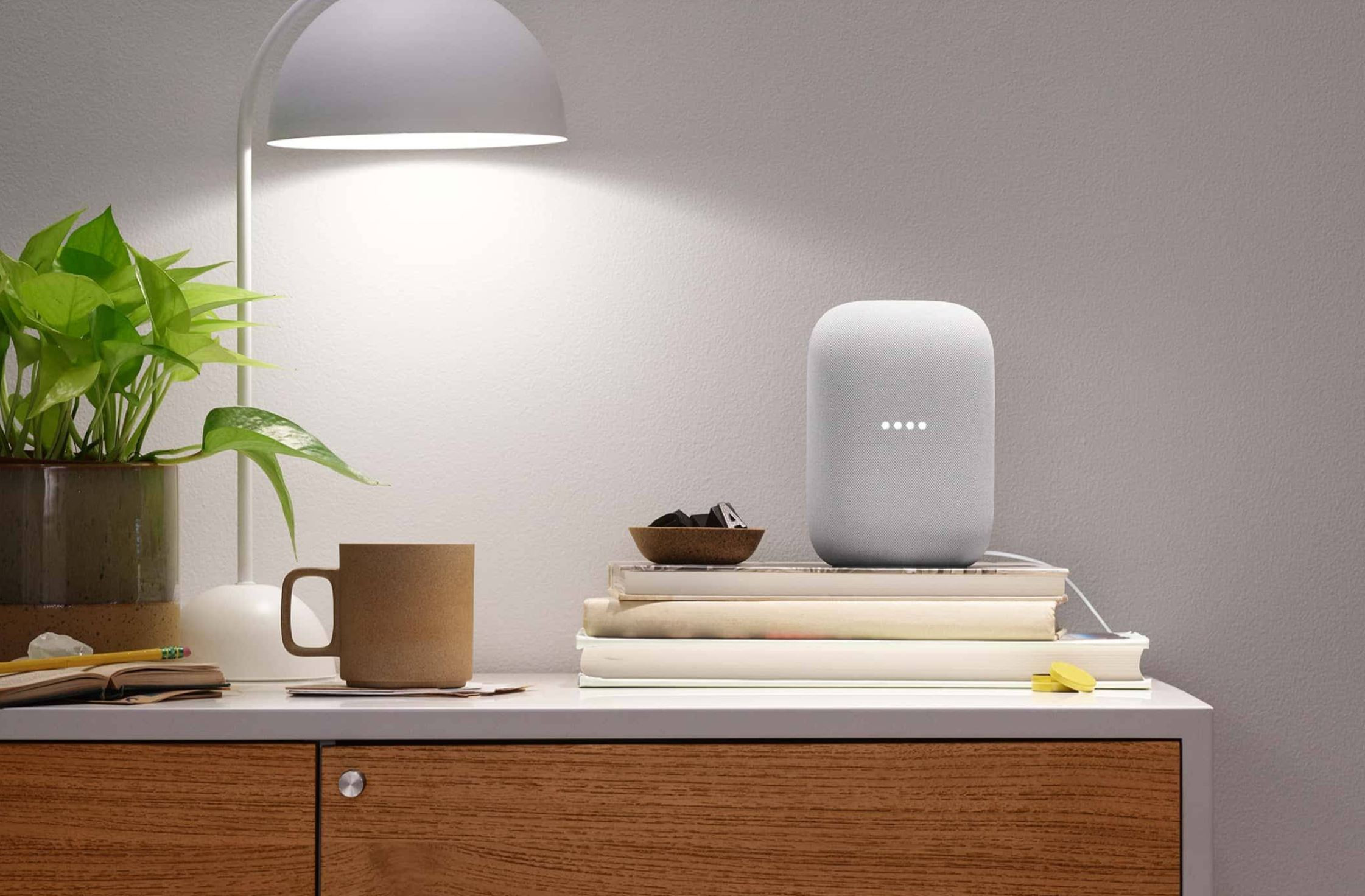
Google is a clear winner in the smart speaker segment, though. It launched two new smart speakers, the Nest Mini and the Nest Audio, and both of them have better audio quality and an improved Google Assistant for voice commands. Samsung, on the other hand, is yet to launch any of the Bixby-powered smart speakers that it ever unveiled. Google has a big lead in the smart speaker category, and we don’t think Samsung even stands a chance to compete with Google in the near future.
Samsung vs Google in 2020: Smart home products
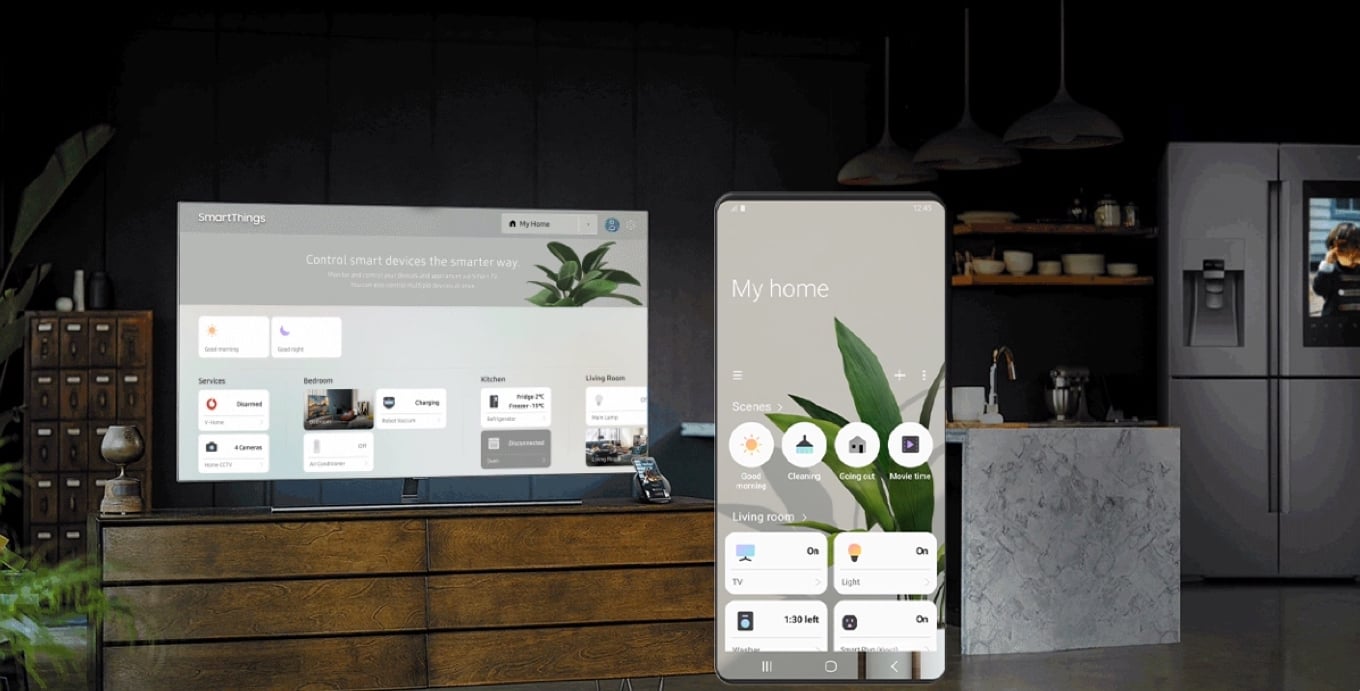
Both Google and Samsung are big players in the smart home market. They both have their own smart home platforms (Google Nest and Samsung SmartThings), and they sell first-party products like sensors, smart locks, security cameras, and mesh Wi-Fi routers. Dozens of third-party brands make Nest and SmartThings-compatible smart home products. In a surprising yet welcome move, both companies recently announced that Google Nest integration would soon come to SmartThings, making things easier for consumers. Samsung also introduced the SmartThings Find service, which it plans to expand in 2021 with the addition of Bluetooth 5.1 and UWB in its devices. I would say it is a tie in this segment as both companies did well this year.
Samsung vs Google in 2020: Platforms, software, and services
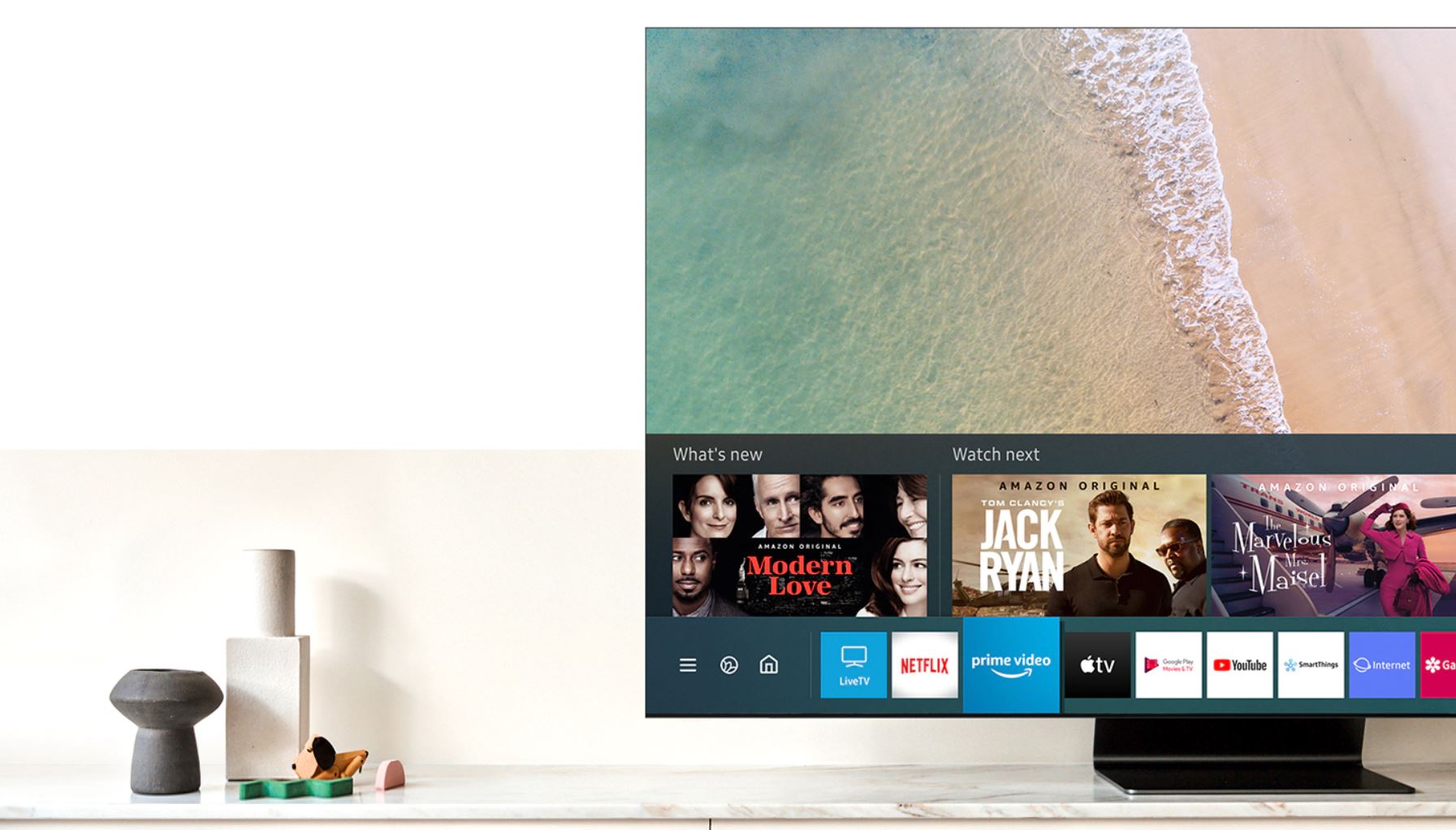
Samsung’s operating system of choice for its smartphones and tablets is Android, but it uses Tizen on its smart TVs and smartwatches. Android TV and Wear OS have a wider range of apps and services, but Tizen appears to works more reliably and is better optimized. Tizen has all the necessary smart TV apps for streaming audio and videos. It also has a better-looking design and has features like AirPlay 2, Alexa, Bixby, Google Assistant, SmartThings integration, and Samsung TV+. Android TV has deeper integration with Google services, including Google Assistant and Chromecast. Google has the upper hand in AI and web services, but Tizen is no slouch, at least on smart TVs.
Wear OS recently started getting attention from Google, and thanks to the release of a new chipset from Qualcomm, Wear OS-based smartwatches are improving. However, Tizen still appears more polished, and Galaxy Watches consistently offer faster performance and longer battery life in comparison. The Galaxy Watch 3 was among the best smartwatches of 2020. Bixby needs to improve, though, if Samsung wants to offer a competitive AI-powered voice assistant that can compete with the Google Assistant. Or, as we mentioned previously, Samsung can bring Alexa or Google Assistant support to its smartwatches as it did with its smart TVs. In 2020, Google continued to beat Samsung in AI and web services, but the South Korean tech giant held its own in terms of smart TV and wearables platform.
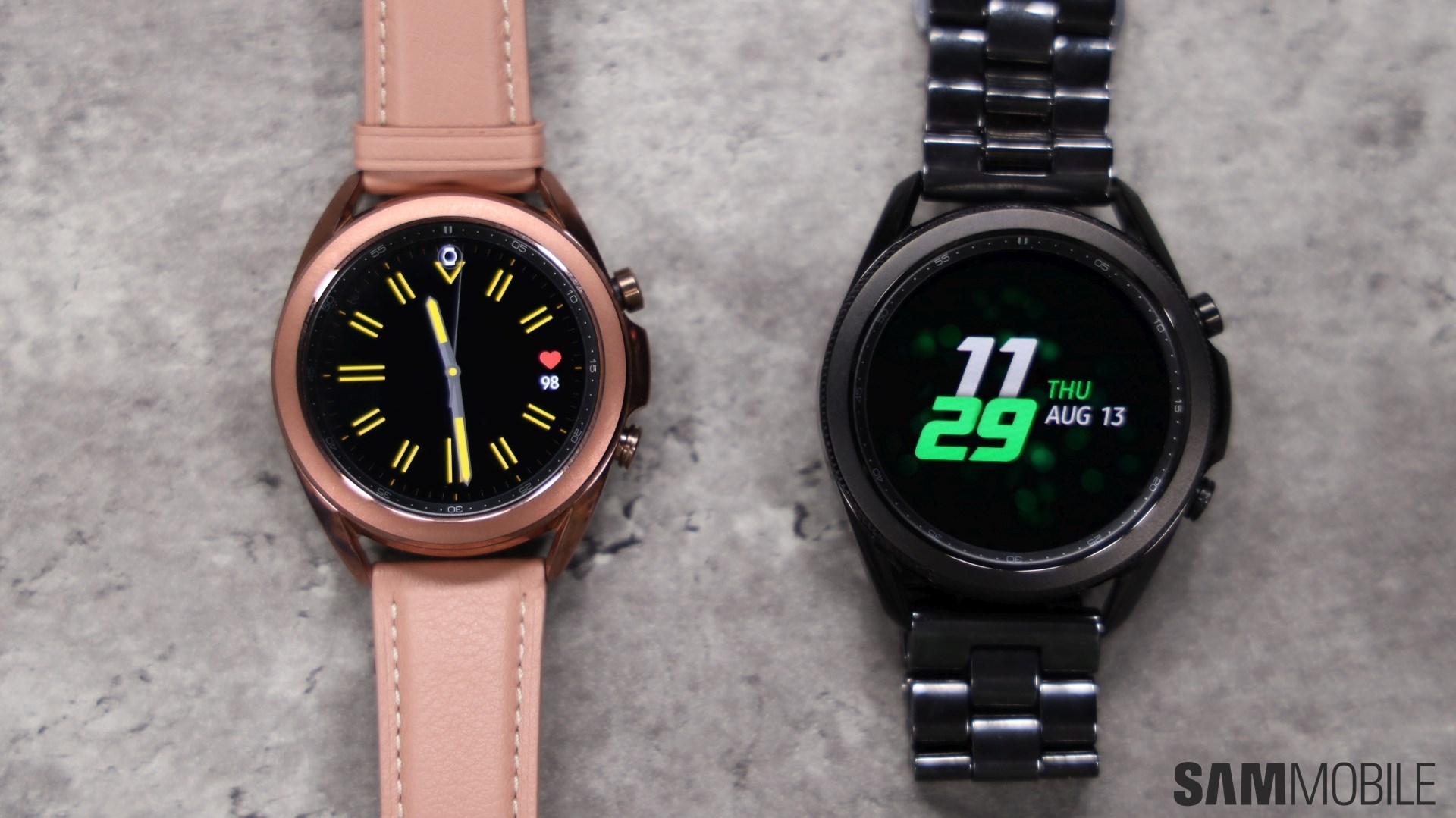
It is clear that Samsung consistently makes quality hardware products, including smartphones, wearables, tablets, and laptops, compared to Google. It has even polished Tizen over the years to better compete with Google's Android TV and Wear OS platforms. In 2020, Samsung clearly had the upper hand and its smartphones and wearables were better compared to Google's devices. However, it needs to improve its AI and web services. Meanwhile, considering Google owns Android, Android TV, and Wear OS, the internet giant could have done much better, especially in the smartphone segment.














